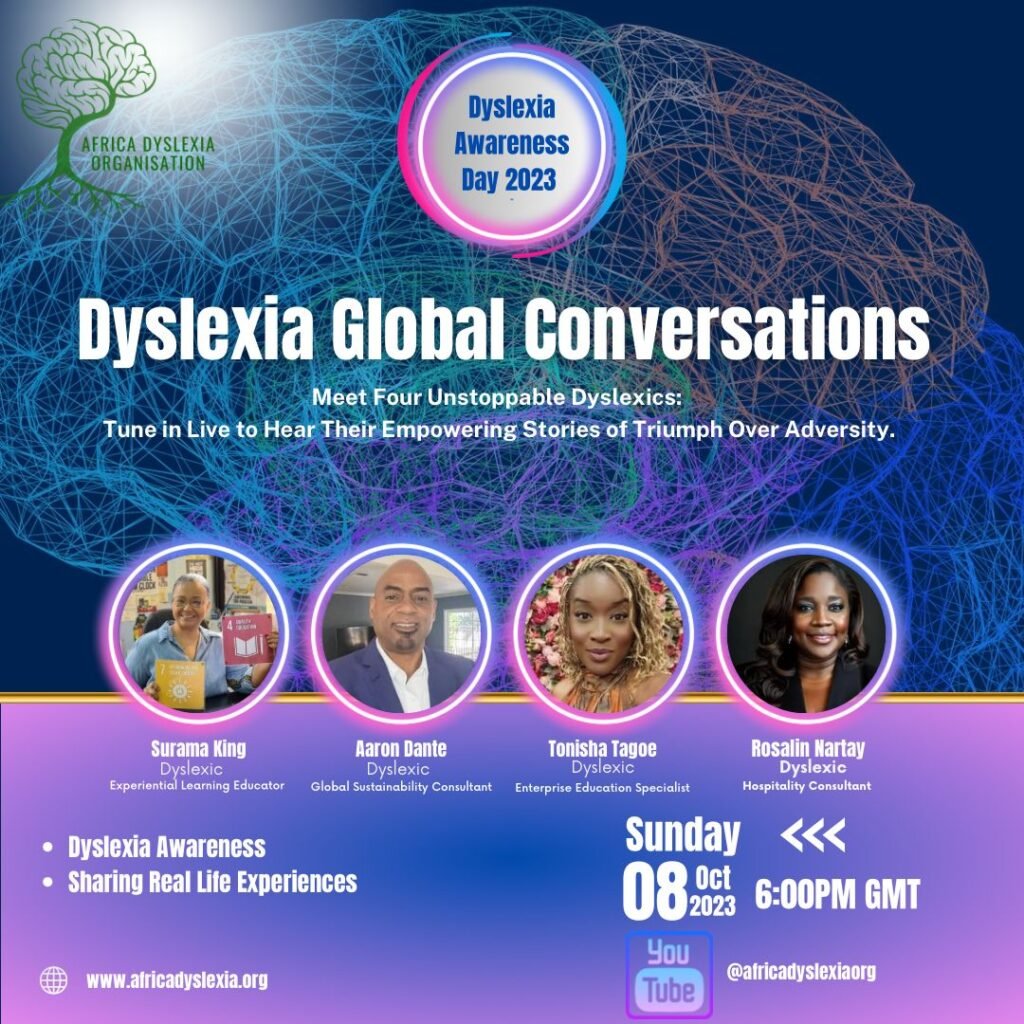
Dyslexia Global Conversations
Duration: 7 hr 12 min, Learning Path ,7 Modules
Join us in a transformative journey to empower educators and parents across Africa! We are thrilled to launch the Africa continental Dyslexia Training, with generous support of Made By Dyslexia and Microsoft’s Dyslexia Training initiative.
Unlock the Potential in Every Learner
Dyslexia affects one in five learners, presenting unique challenges but also incredible opportunities for growth and learning. With the right support, dyslexic individuals can achieve extraordinary success. The training program is designed to equip you with the knowledge and tools to make a significant difference in the lives of dyslexic learners.
Training Overview
The comprehensive training program is structured into four levels, each tailored to deepen your understanding and enhance your ability to support dyslexic learners effectively:
Level 1 training: Dyslexia Awareness equips ALL teachers and parents with the essentials to spot, support & empower every dyslexic learner.
Level 2 training: Dyslexia Teaching deepens your understanding of dyslexia. The videos are full of specialist strategies and solutions, showing you WHAT to teach, WHY it helps and HOW to do it.
Level 3 Training: Dyslexia and Technology helps educators and parents learn about the challenges learners with dyslexia face and explore technology tools to support learners with dyslexia.
Level 4 Training: Empower Dyslexic Thinking in Schools provides insight into the seven archetypes of dyslexic thinking with practical tips, instructional guidance, and tools like AI to further harness strengths.
Dedicate a day to change lives! Follow in the footsteps of New York City, which trained all 100,000 of its teachers with this video-based training. Let’s gather many teachers all over Africa to take this training.
Register Now and pass information on to all educators.
Don’t miss this opportunity to transform the way you support dyslexic learners.
